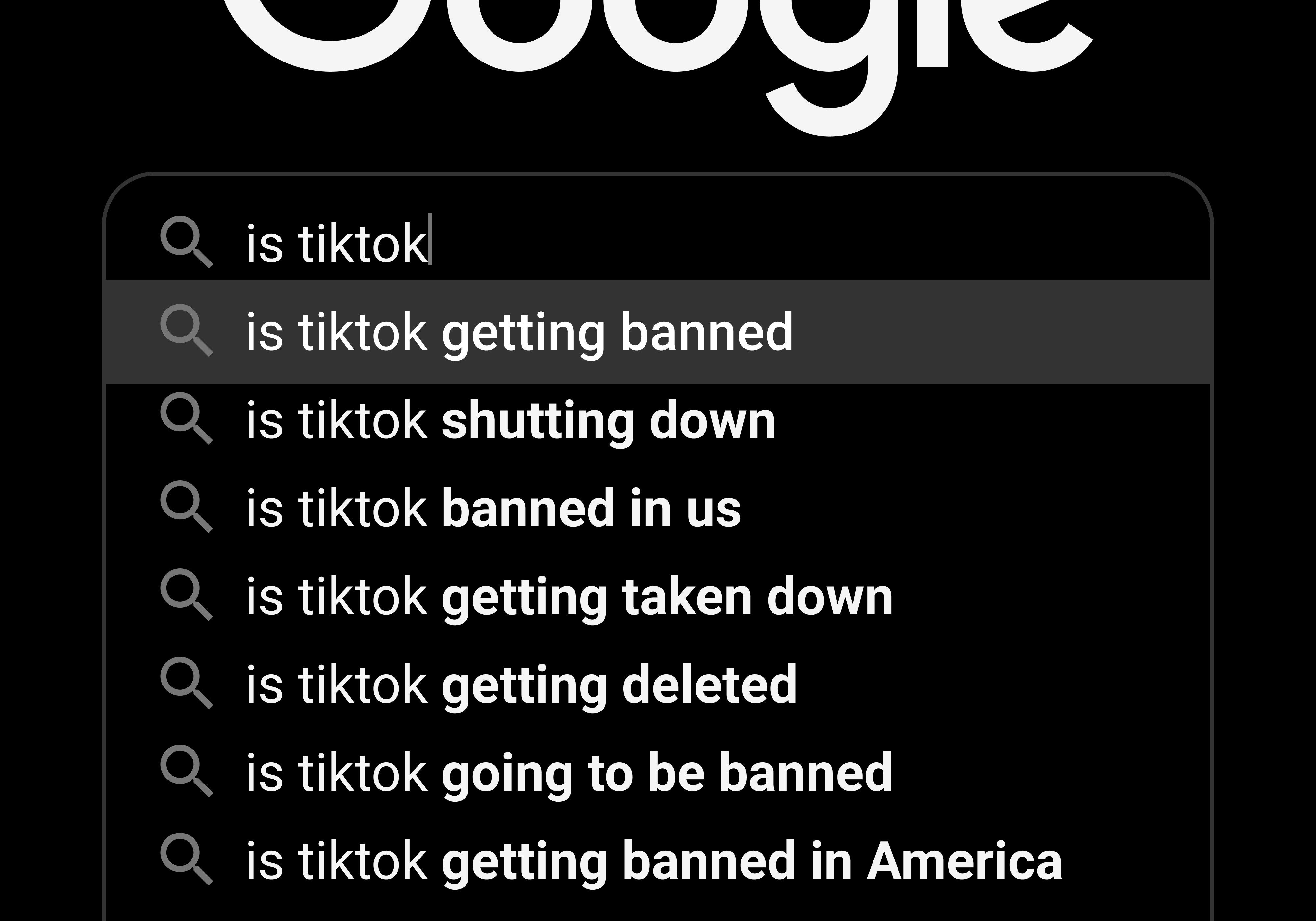In Denmark, the tradition of observing Labour Day as a national holiday does not occur, in contrast to several other countries. The reasons behind this are not explicitly clear.
Celebrating Danish Workers' Solidarity: Labour Day in Denmark
International Workers' Day, or Labour Day, is a significant event for thousands of Danes, even though it's not a public holiday like in other nations known for their robust social democratic labor models, such as Sweden or Norway.
Ads
The daily grind continues on Labour Day in Denmark, unlike in countries where you'd get the day off. This isn't due to a lack of enthusiasm, but rather a unique labor system that negates the need for a legislated holiday.
Collective Bargaining: The Danish Way
Danish workers' rights and conditions are primarily set by overenskomst, or collective bargaining agreements, arranged between trade unions and employers' confederations. Since many industries, especially in the public sector, have secured days off through these agreements, it wasn't necessary to make May 1st a public holiday.
A Day Off for Some, Vacation for Others
While May 1st isn't a paid day off for everyone, Danes generally view it with the same importance as their neighbors. In Copenhagen's Fælledparken, for instance, you'll find huge gatherings of workers with banners, people socializing, and major speeches by union leaders and politicians.
A Century of Struggle and Solidarity
Labour Day in Denmark has its roots in international labor struggles that began in the late 19th century, when workers across the world championed the eight-hour workday. The Danish worker's day movement began after the country's union movement attended significant congresses in France.
Red Banners and Songfests
Labour Day events in Denmark often feature union speeches that promote solidarity and advocacy for better working conditions, but they also include activities like singing in unison, a popular pastime among Danes. Traditional songs like “The International” and “Såran er Kapitalismen” are common choices. Red banners, representing political messages and union affiliations, can be seen at these events.
Political Mobilization: Candid Interactions
Modern Labour Day is often a politically charged event, with candidates from left-wing parties taking the stage to address workers' concerns. However, these appearances can sometimes lead to heated exchanges, such as when then-Prime Minister Helle Thorning-Schmidt faced boos and whistles in Aarhus in 2013.
A Day of Leisure and Gathering
Danish Labour Day is not just a time for political discourse; it's also a day for picnics, family gatherings, and relaxation in parks, reminding Danes of their strong traditions of social solidarity and labor union strength in a globalized world.
Further Reading
- In-depth Guide to Danish Collective Bargaining Agreements
- The Legacy of Danish Labour Day: A Centennial analysis
While Labour Day celebrations might not result in a full day off for everyone, they continue to play a significant role in Danish culture and society, fostering unity and advocating for workers' rights.
- Despite the lack of a public holiday, Danish workers continue to celebrate Labour Day, often enjoying activities like speeches, singing, and gatherings in parks.
- Unlike in other nations, Denmark's Labor Day does not involve a general closure of businesses, but the day is still considered important by Danes, just as significant as in neighboring countries.
- In Denmark, the conditions and rights of workers are primarily determined by collective bargaining agreements, which often include negotiated days off in various industries, including the public sector.
- Though candidates from left-wing parties often address workers' concerns on Labour Day, the event is not entirely devoid of political discourse, as shown by the boos and whistles faced by then-Prime Minister Helle Thorning-Schmidt in Aarhus in 2013.
- The discrepancy between other nations offering Labour Day as a public holiday and Denmark's unique labor system that negates the need for a legislated holiday is a testament to the country's distinctive approach to labor and worker rights.







